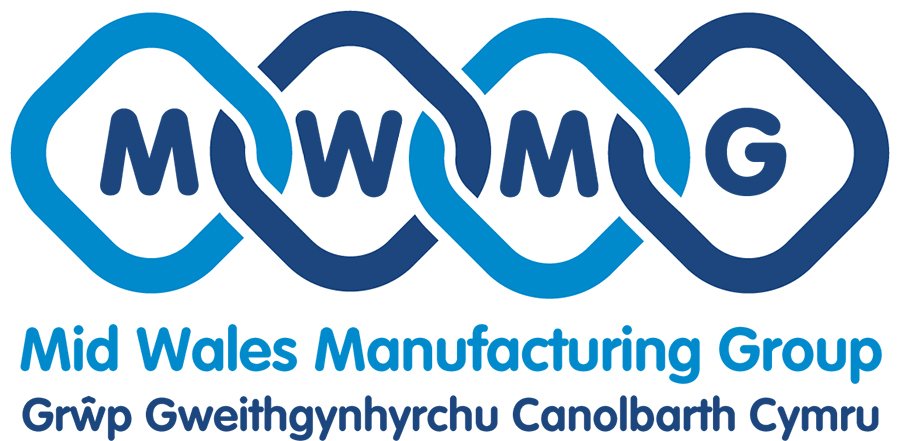Research identifies sustainable skills support needed by Powys businesses
New research has identified an “irrefutable need” for skills development to help Powys businesses respond to the economic shift towards a more sustainable future.
The research was commissioned by a Sustainable Skills Partnership led by Mid Wales Manufacturing Group (MWMG) and comprising the Centre for Alternative Technology (CAT), NPTC Group of Colleges, Black Mountains College, and the grouping of social enterprises in north Powys.
The partners are sharing best practice and developing new ways of working together to help drive forward the provision of sustainable skills within the region.
Against a background of an expanding sustainability agenda for the economy - with net zero carbon targets and zero waste ambitions - the need for skills that help local businesses to respond is becoming pressing. By providing these skills locally, jobs can be retained and opportunities for young people created.
Researchers from Wavehill looked at existing gaps and opportunities for interventions, identifying these in industries such as construction and agriculture. In construction, house retrofitting will increase as existing housing stock is updated to keep people affordably warm.
In agriculture, the focus will be on managing soil to hold more carbon and water to help improve productivity whilst suppressing flooding downstream or sequestering carbon.
The skills for these and many other industries will be in high demand, report Wavehill. They identify the potential for a more collaborative approach in Mid Wales to help meet this demand.
A practical Sustainable Skills Cluster in Powys is recommended, one that would connect leading practitioners in each industry with educational establishments. Between them, they would provide formal modules in relevant green skills as in-work training or as full-time or part-time qualifications.
“The evidence presented by the research demonstrates that there is an irrefutable need for skills development to respond to the economic shift towards a more sustainable future,” said Adam Kennerley, project lead for MWMG.
“This is recognised by businesses surveyed in Powys and it will be important for training providers across Wales and the UK to develop courses and modules that respond to this shift.”
The research was funded by Arwain, which works within Powys County Council to deliver the LEADER Programme in Powys. Arwain is funded through the Rural Development Plan for Wales (using Welsh Government and European Agricultural Fund for Rural Development) to promote sustainable rural regeneration.
Many businesses currently travel outside of Powys to access specific training and having home grown skills training would keep wealth and opportunity locally.
Some of these skills, such as external wall insulation or natural flood management, are not yet commercially imperative for businesses, but soon will be.
“A Sustainable Skills Partnership would help Powys to be prepared and to take maximum advantage of a shift in the rural economy following Brexit and in preparation for going zero carbon. Courses should be tailored to the needs of businesses both now and in the future” explained Adam.
An ambition for the Sustainable Skills Partnership should be to better connect mainstream training providers, such as NPTC Group of Colleges to sustainability professionals from within existing Powys businesses as well as experts from the likes of CAT, Black Mountains College and others.
Together they would introduce changes to modules or courses in key sectors that are most likely to be immediately affected by the transition to a sustainable economy.
The report also prioritises the need to make businesses aware of all the existing training available to them by creating a web portal for the Sustainable Skills Partnership. Close collaboration with the new Mid Wales Regional Skills Partnership is seen as imperative as the partnership develops.
View the full report here
